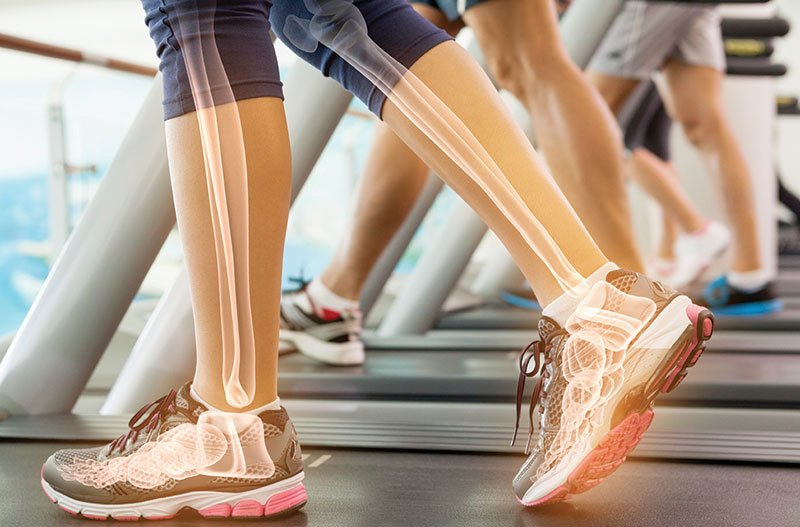
A quick 15-minute scan can bring peace of mind (and you can take the test fully clothed)
By Jeannie Benson | Contributor
Many people view bones as static structures, but in reality, they are undergoing continuous change. At this very moment, specialized cells in your body are at work breaking down old bone material and forming new bone. As individuals age, however, bone loss can occur more rapidly than bone formation, leading to weaknesses that make bones more porous and fragile.
If not addressed, this bone loss can result in osteoporosis, a condition characterized by thin, weakened bones that are at a higher risk of fracturing.
Most individuals are unaware they have this condition until they suffer an unexpected bone fracture, which is where bone density testing becomes essential.
Outpatient centers such as Envision Imaging provide a Bone Mineral Density Scan (DEXA) that takes approximately 15 minutes. The DEXA scan generates a fracture assessment report for you and your doctor, helping to identify any issues before a fracture occurs and determining whether osteoporosis treatment is necessary. Treatment options may involve osteoporosis medications and lifestyle or dietary changes to mitigate further bone loss.
It is highly recommended to undergo a DEXA scan if you
• are a post-menopausal woman who is not on estrogen therapy.
• are a post-menopausal woman who is taller than 5 feet 7 inches or weighs less than 125 pounds.
• take medications known to contribute to bone loss, such as corticosteroids (like Prednisone), certain anti-seizure drugs (for example, Dilantin), some barbiturates, or high doses of thyroid medication.
• have type 1 diabetes, liver disease, kidney disease, a personal or maternal history of hip fractures, a smoking history, or a family history of osteoporosis.
• show signs of high bone turnover through urine testing.
• have endocrine disorders such as hyperthyroidism or hyperparathyroidism.
• have had x-ray evidence of a vertebral fracture or have experienced a fracture from minor trauma.
• are over 65 years old for women or 70 years old for men.
What does a bone density test entail?
For the test, you will lie on your back on a padded table, dressed in your regular clothes or a hospital gown. The machine will handle the entire process! The test is designed to feel open and spacious, and there are no injections or medications involved.
Where and how frequently should you have a bone density test?
Bone density tests are accessible at many outpatient imaging facilities like Envision Imaging Centers. Typically, these tests are conducted every two years unless your doctor advises otherwise.
For more details regarding the DEXA scan and Envision Imaging, please visit www.envrad.com.






